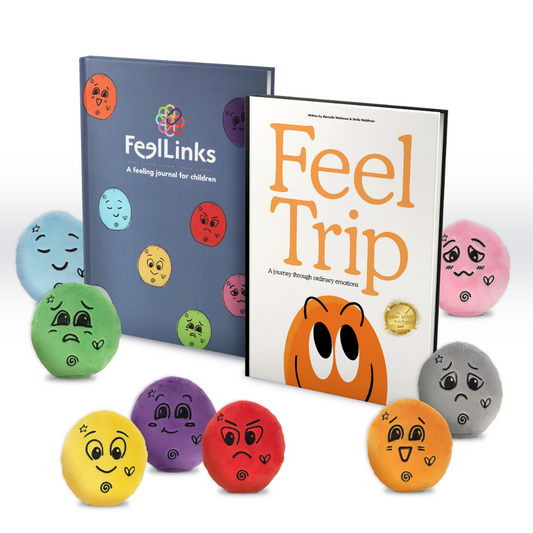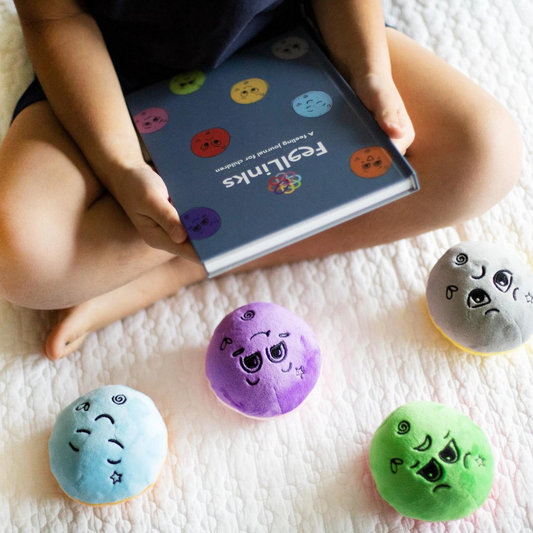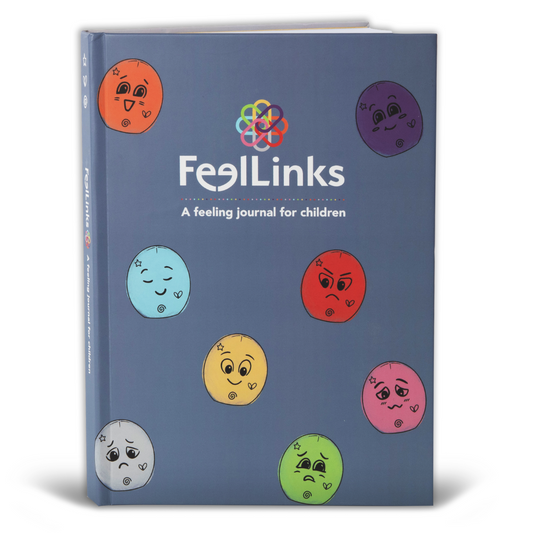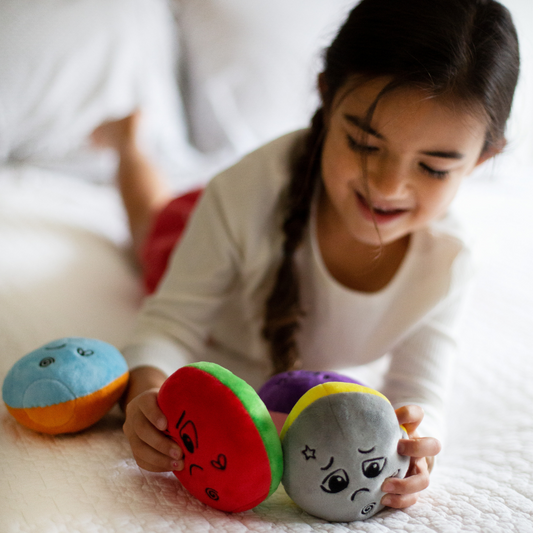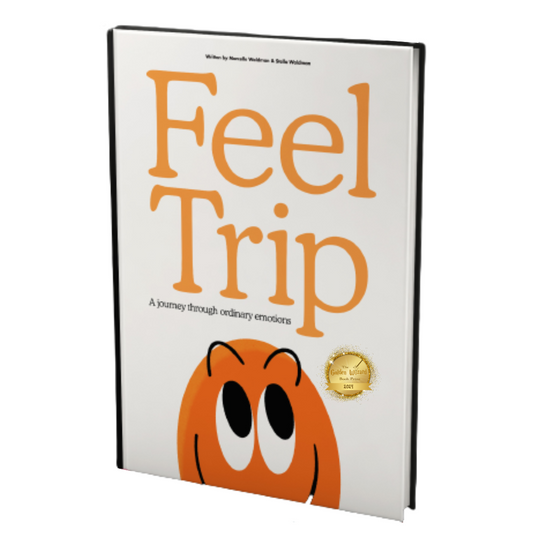Resilience: Who Is the Most Important Contributor and An Age By Age Guide
Share
Today's Theme: Resilience ❤️
re·sil·ience/rəˈzilyəns/
:(noun):resilience; (noun):resiliency; (plural noun):resiliencies
The capacity to recover quickly from difficulties; toughness.
Before You Read:
Think about the strong connections you have with the children in your life.
Who are those children? Do they feel safe with you? Do they feel reassurance and validation from you?
YOU, the adult, are the #1 most important contributing factor in how well a child adapts to adversities and gains resilience. Parents, siblings, teachers, friends, aunts, uncles...YOUR connection is the #1 most important factor!
A Quote:
“Our greatest glory is not in never falling, but in rising every time we fall.” ― Confucius
Resilience age-by-age:
Preschool age: Use play to help young children express their fears and encourage them to use art or pretend play to express what they have difficulty putting into words. You can also use tools such as FeelLinks dolls and journal for kids to express themselves and communicate. Use family time to create connections, bonds and closeness. During times of extra stressors and change, spend even more time with your child playing games, reading together, cuddling them and reassuring them that they are safe and you are there for them.
Elementary school age: New friendships, new teachers, and more information about the outside world. Make sure your child has a safe place at home (and school, as well). When you talk with your children, be honest and reassure them they are safe and you are there to support them and take care of them. Limit news - do not hide the world's news, just don't overexpose kids at this age. Check in on their understanding of what they hear from media, peers, etc. Extra stressors may heighten regular daily stresses. Your child might normally be able to handle certain stressors, but try to understand that they may respond with anger or negative behavior to stressors that typically would not bother them. Reassure your child that you want what is best for them and that you are there for them.
Middle-school age: Middle school can be especially difficult as children can struggle with changes in friendships, news schools, academic demands. Children are looking to family and teachers for security and connection. Reinforce empathy and help your child keep perspective. If your child falls into a shift in social groups, which can often occur in middle school, help your them understand that other children may be feeling lonely and confused as well. Always try helping them see beyond the current situation while validating and listening to their feelings - it is not the "end of the world" as it may feel - help them learn to find healthy coping and problem solving strategies. Talk with your child about your feelings. Children greatly benefit from adult modeling in how we successfully cope with our own tough emotions.
Teens: Teens may feel fear and uncertainly with normal stressors in life and world events. On top of that, teens are feeling extreme highs and lows due to hormonal changes. Be certain to reassure your child that you are there for them, they are safe and you are their support. If your teen is not as open to talking, use journaling or the arts to help them express emotions. Continue making family time and connection a priority, even as they are more and more choosing to be with their peers or spend more alone time. Check in often and continue modeling best coping skills.
A short video:
Center on the Developing Child at Harvard University: In Brief the Science of Resilience
One way to understand the development of resilience is to picture a balance scale or seesaw. Protective experiences and adaptive skills on one side counterbalance significant adversity on the other. Watch this video to visualize the science of resilience, and see how genes and experience interact to produce positive outcomes for children.
A visual:

A Podcast:

“I can be changed by what happens to me. But I refuse to be reduced by it.” ― Maya Angelou
If you would like to discuss a partnership - I would love to connect. I am available for collaborations, summits, educational presentations, and more! Check out this partner link to find out more. Let's talk!
🌎 Together we can create a kinder, more compassionate, and inclusive world 🌎
With PEACE, LOVE and GRATITUDE,
Marcelle
Please pay it forward - send along to a friend.
If this was forwarded to you, and you would like more from FeelLinks, please subscribe to my newsletter here

